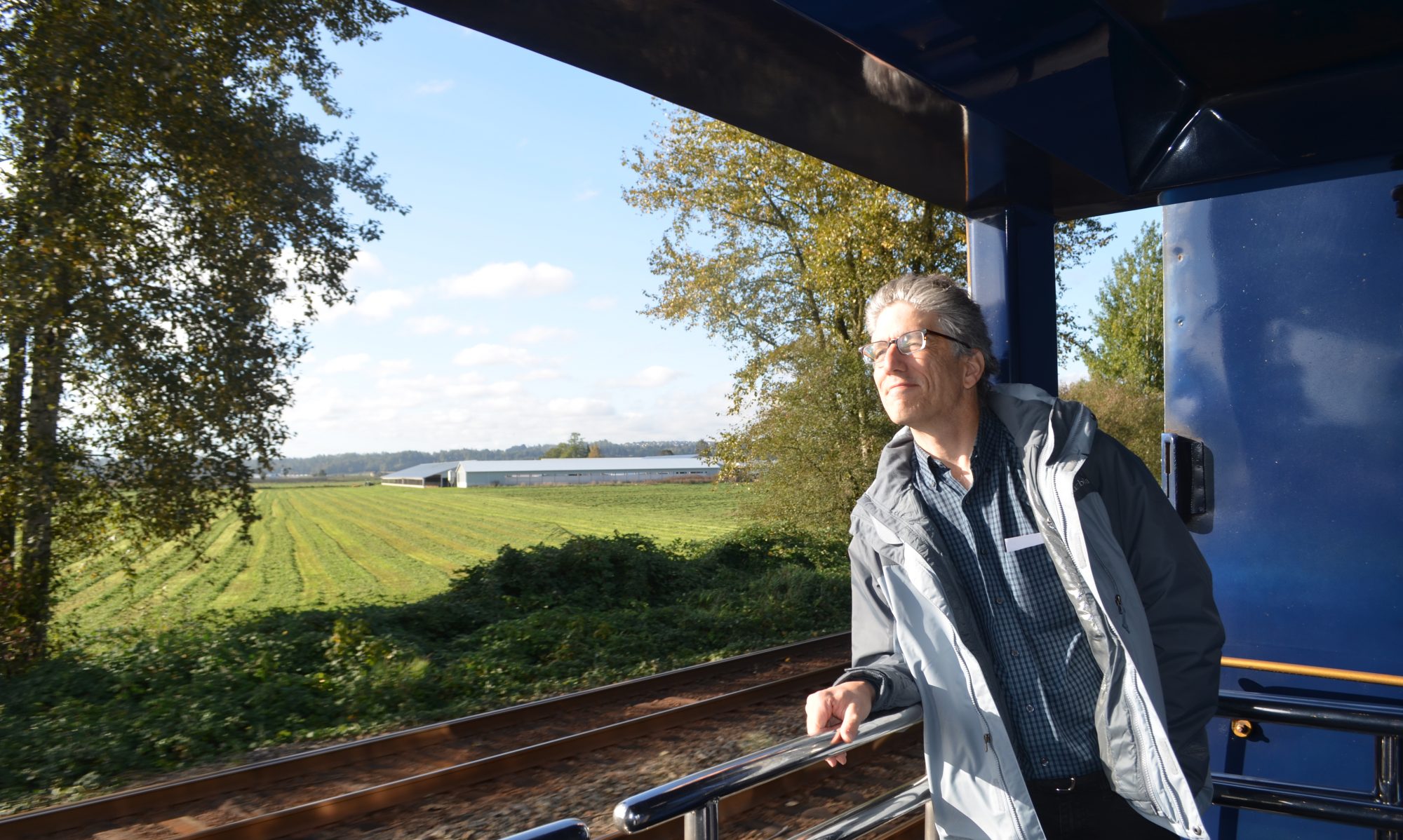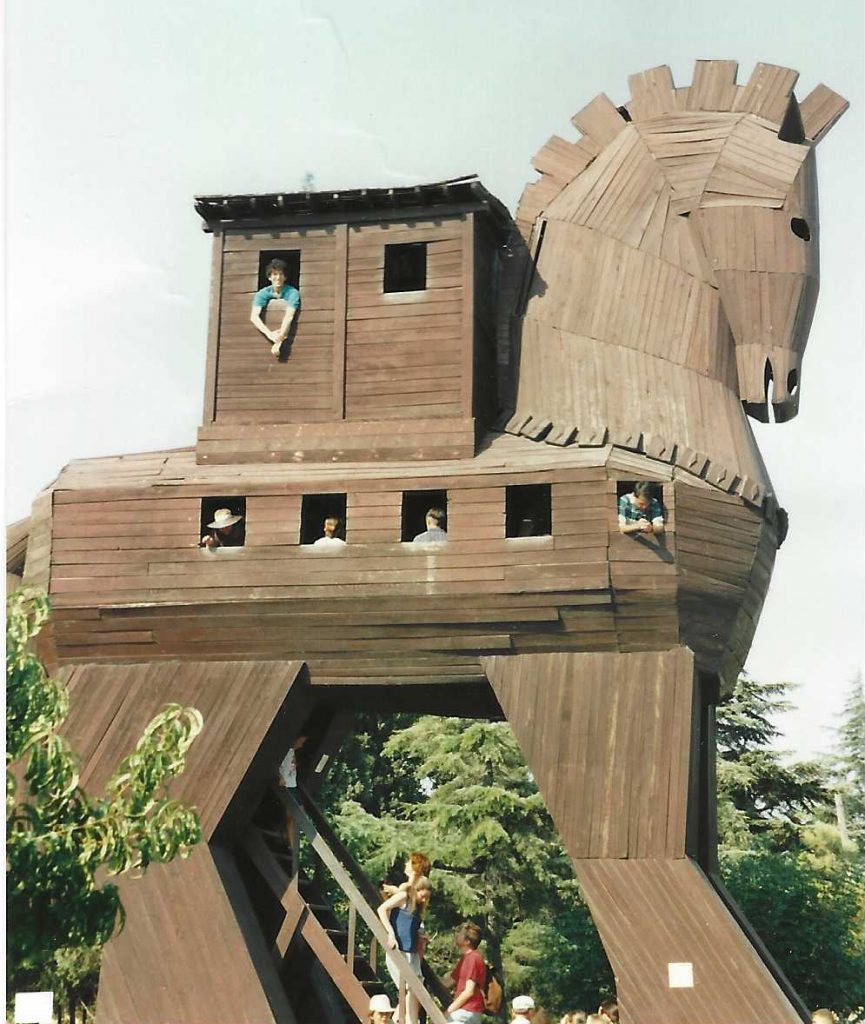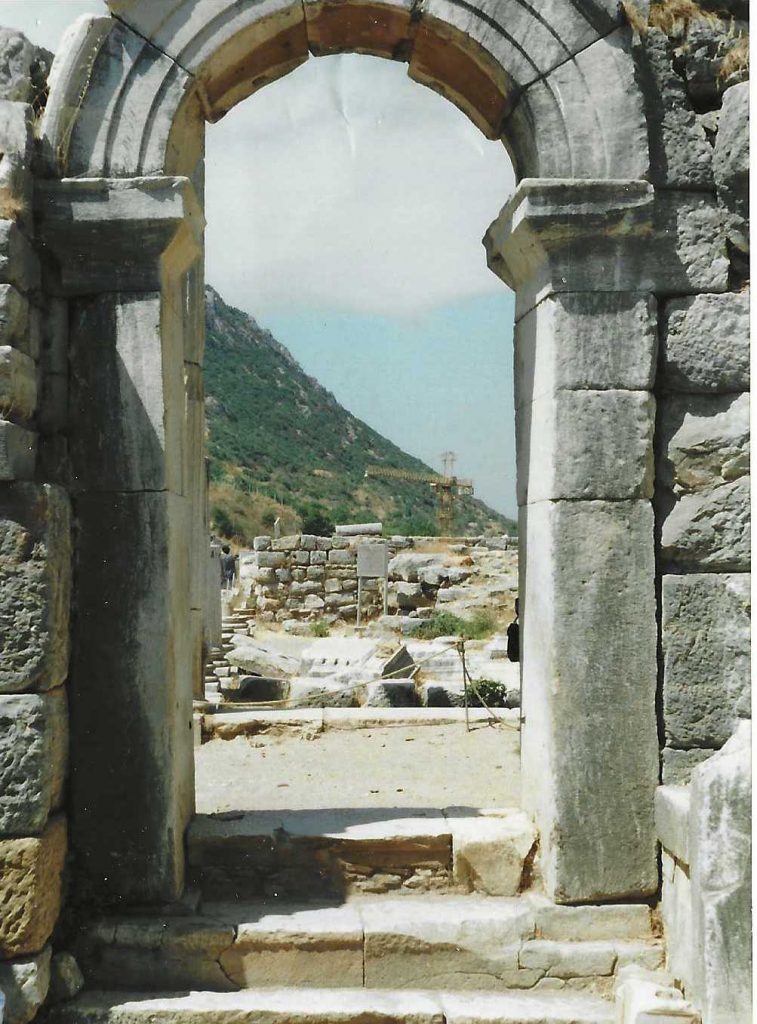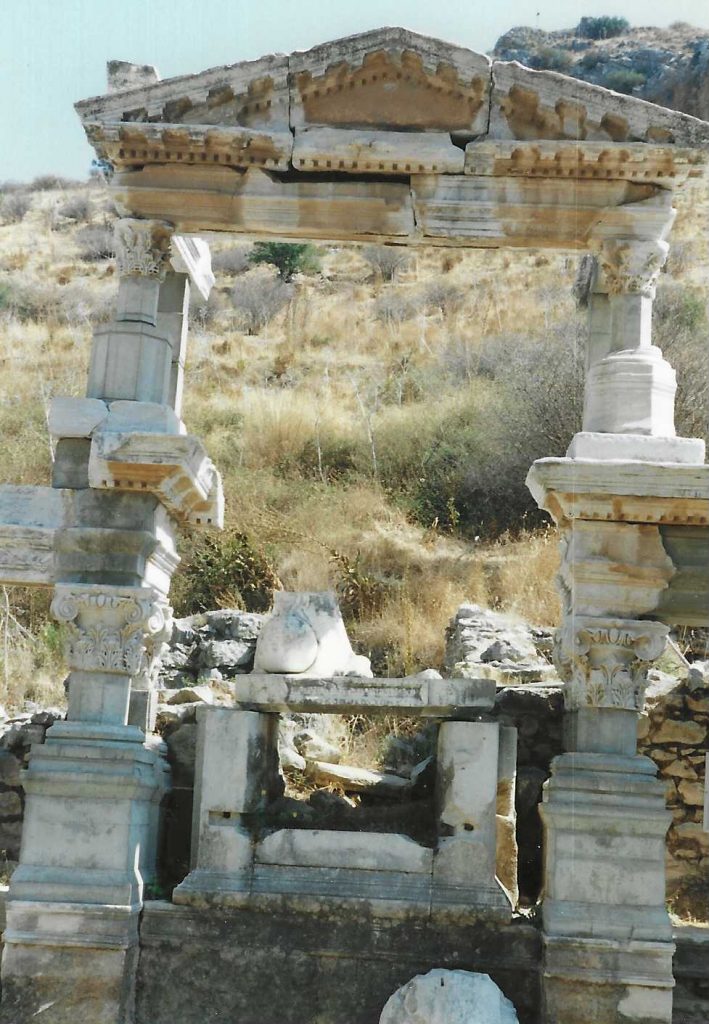I Keep Working My Way Back to Jews, Babe
“I keep working my way back to you, babe,
With a burning love inside,
Yeah I’m working my way back to you, babe,
and the happiness that died….”
–The Spinners.
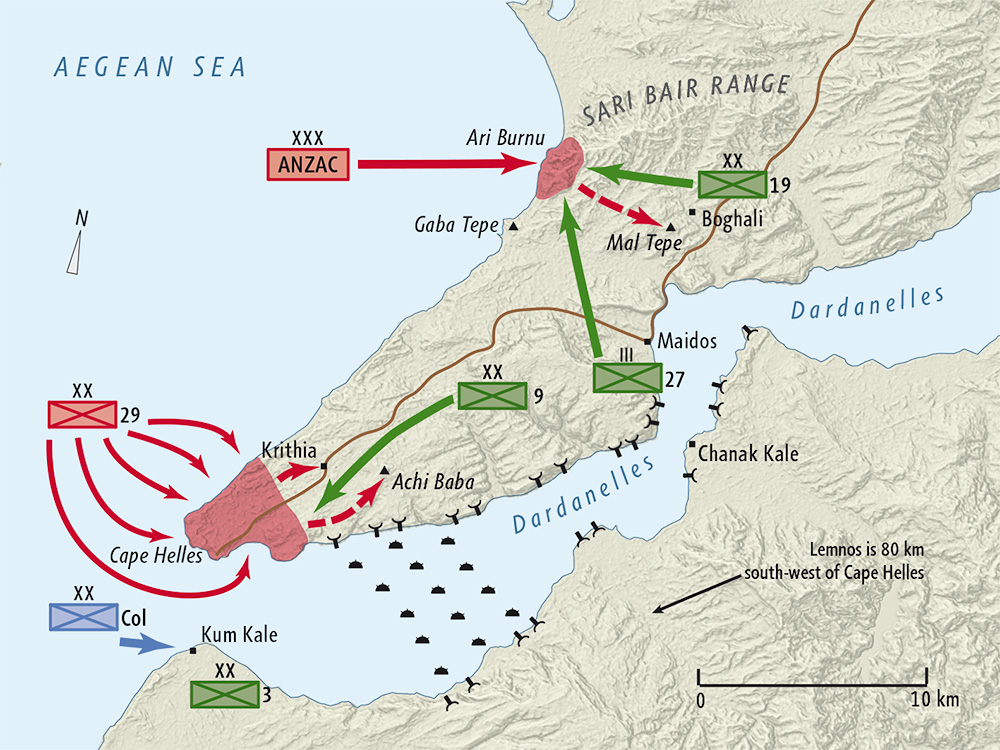
The hostel owner who met the bus at the end of the day was everything I expected a Turk to be. Tall. Swarthy. Dark-haired. Bearded. It was the accent that threw me.
“G’day, mates,” he said in Aussie-accented English as he boarded the bus. It was so perfect it sounded genuine. It was. He came from Turkish stock, but grew up down under.
I shouldn’t have been surprised. After all, shortly after I caught the bus at 6:30 a.m. I realized I was the only person on board who wasn’t a Kiwi or Aussie. Although I didn’t know it when I booked, I soon learned Canakkale and the battlefield of Galipoli are pilgrimmage sites that attract thousands of Aussies and Kiwis every year. It’s the place where many of them lost fathers, uncles and grandfathers and their countries lost their innocence.
The battle was primarily a diversionary tactic. Led by the British, the Allies tried to outmaneuver the Turks so they could take two hills that would allow them to control the Dardanelles and open a new war front against the Axis. To hear my bus-mates tell it, the British were so aware of what a fool’s errand it was that they held back their own men and called up Aussies and Kiwis instead. Thanks to a series of blunders the Ottoman Empire’s finest and the Kaiser’s best spanked the Allies at every turn, turning the antipodean fighting forces into cannon fodder. More than 80 years later, many in both countries still haven’t forgiven the Brits. At least, many of the people in the bus hadn’t.
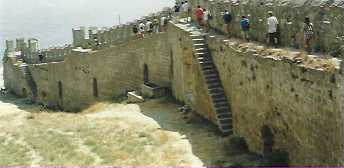
The guide took us to many of the cemeteries, battlefields, hills, tunnels and trenches that were part of the strategy. While I enjoyed seeing the trenches that I’d heard about in high school history, I was a bit puzzled because the guide kept telling us they were a part of his life story. He may have been old, but he wasn’t 80, much less old enough to remember the battle. Although the tour was great, the landmarks and historical markers got old after five hours of touring around on the barest of lunches and no breakfast (because the bus driver had taken us to a breakfast restaurant that didn’t have any breakfast).
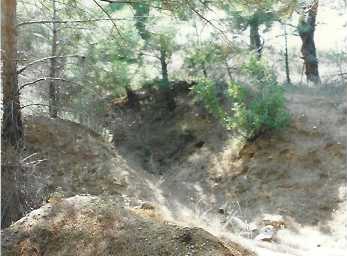
We ended the day at ANZAC House (as in Australia New Zealand Army Corps) where the swarthy Aussie met the bus. After a barbecue dinner we were treated to a documentary about the battle featuring interviews with survivors. Considering the level of anti-English sentiment, the movie could have been quite bad, but was a thoughtful look at Galipoli through the eyes of the men who fought there. When it was possible to understand what they said (it wasn’t in English, it was in Australian) their recollections were interesting and often extremely funny.
Since the ancient city of Troy was close to Canakkale, the guide took us there the next day. He was even more difficult to understand than the day before, but it was fun to watch fellow travelers scratch their heads as they tried to figure out what the hell he was saying. Eventually, he started to make sense and told many interesting tales of the city’s archaeological history. Not only did the excavations allow visitors to see old town walls, they also revealed six distinct levels of settlement. The guide even showed us where an anthropologist searching for riches excavated the town treasury after numerous attempts, destroying many artifacts and buildings in the process.
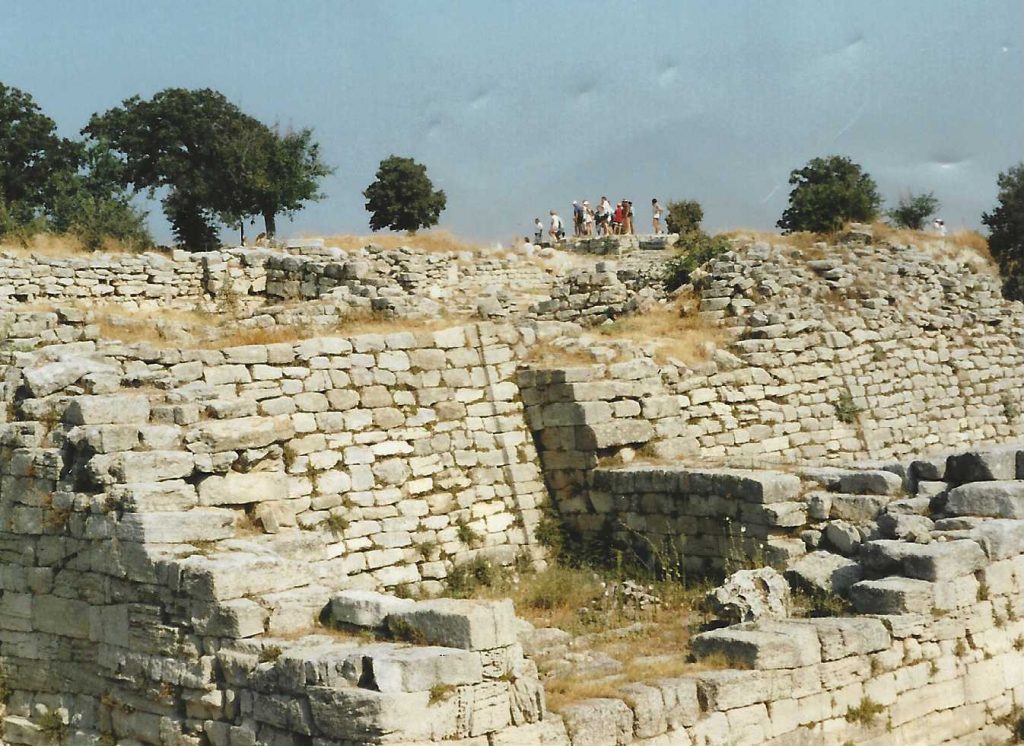
Although the tour started late, it was over early enough to allow us to go back to the hostel and watch the daily showing of “Galipoli.” Unfortunately, the bus to Selcuk showed up 40 minutes after movie started so we never found out whether Gibson and the Allies won.
I may have been nearing the sea by going to Selcuk, but I wasn’t getting closer to answers about the Haifa ferry. While travel agents bent on selling plane tickets denied its existence, fellow backpackers reassured me, they just couldn’t provide any details. To make matters worse, the owner of Kiwi Pensione said she’d heard it only left twice a week, maybe Saturday and Tuesday, but wasn’t sure.
The only other thing I’d heard was that the ferry had a layover in Cyprus. Considering that the island was the source of a dispute between Greece and Turkey, I wasn’t surprised there wasn’t any information after all.
I’m still trying to figure out whether the travel agent recommended to me was being difficult or just stupid. When I asked him about the ferry he looked at me blankly. At first I thought it was because we were hours away from the nearest port. When I explained I was trying to catch the ferry from Marmaris, however, he still stared through me until he said, “The best way to get to Haifa from here is by bus.” When I explained to him that I couldn’t take land transportation to Israel because the bus passed through countries that did not allow Israeli visa holders in to enter, he said only, “The best way to Haifa is by bus.” I tried again, but I could see he was warming up to give me the extended dance remix version of the same answer, so I stood up and rudely walked out.
I have no tolerance for fools.
The second travel agent in this mellow
town was marginally better. He said he didn’t know anything about a ferry, but he was willing to help me find air fares to Israel. I’d heard there were some cheap fares from Izmir to Israel, but he said they were all gone. He did find great bargains as long as I was willing to ride back to Istanbul.
Faced with a 14 hour bus ride back to certain cheap fares in Istanbul or a four hour ride to a rumored ferry, I opted for the shorter, magical mystery tour. Since I’d already stayed overnight in Selcuk to talk to travel agents who didn’t open their offices until late in the morning, I stayed one more day to visit ruins of Efes, which makes Troy look like a rural backwater.
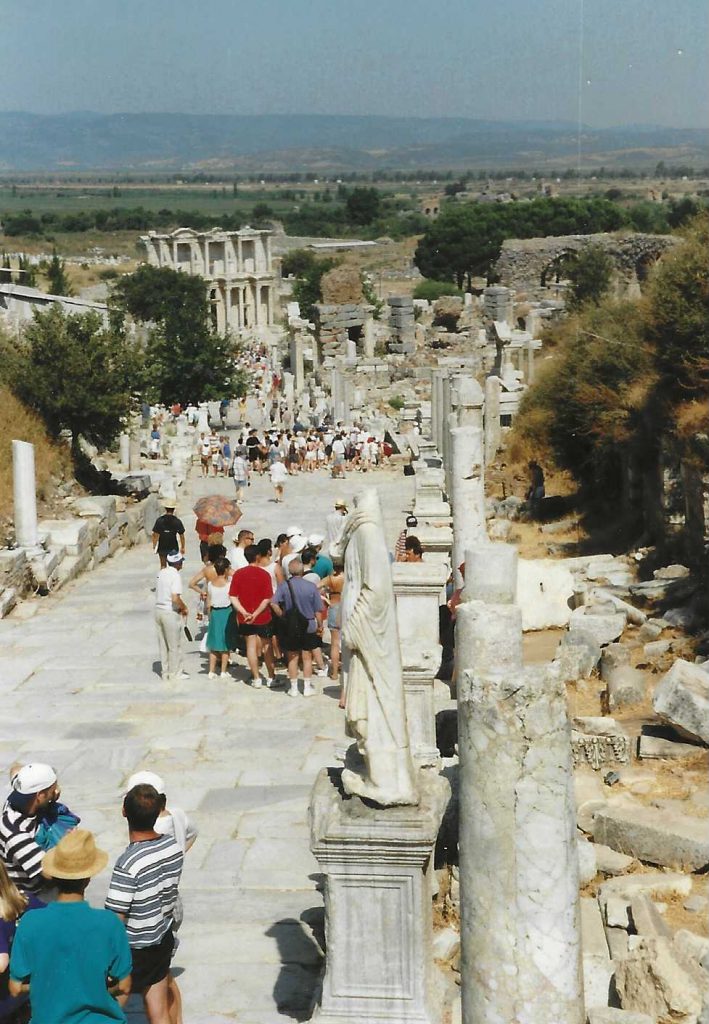
Like so many other places I visited, I’d never heard of Efes, and I consider it a lapse in my education. One of the world’s largest archaeological sites, it was once capital of the Roman province of Asia and home to one of the seven wonders of the ancient world, the Temple of Artemis. As ruins go, Efes is more impressive than Troy because the buildings are larger, cover more territory and are more complete (except for the Temple of Artemis, which was built in 550 BC, burned down in 356 BC, rebuilt and burned down by the Goths in 262. The foundation and parts of the second temple are all that remain.) Efes is a whole ancient Greek city complete with government buildings, town squares, libraries, a stadium and even the homes and bathrooms of the rich and famous. Unfortunately, the heat was as oppressive as the ruins were impressive, so I ran out of steam and had to stop and take frequent breaks in the few shady spots I could find. When I wasn’t in awe of the architecture, I was busy feeling older than my years. The exhaustion didn’t keep me from a 20-minute walk back to town when I could have gotten a 5-minute cab ride, though.
Some people are just plain stubborn.
If I’d left Selcuk a little earlier, I could have caught the ferry to Rhodes, where the Haifa ferry leaves from. Unfortunately, I didn’t find that out until I arrived at the Marmaris bus station and asked where the ferry dock was. The bus stop ticket seller tried to get me a seat on the afternoon ferry, leaving just 50 minutes after my arrival, but it was full so I had to spend the night.
Marmaris isn’t a bad place to overnight, but it is touristy and expensive because it’s a seaside resort; one of the Aegean Sea’s top yachting spots and home to the ferry to the Greek Island of Rhodes, Marmaris is a popular tourist destination. So, there’s no shortage of spendthrift tourists willing to shell out piles of money to have a good time. Like most beach towns, it has a promenade visitors can walk along with a short walk of the beach to watch swimmers and sunbathers. It also has the requisite open-air restaurant/bars across the street so burnt-to-a-crisp sunbathers can retreat to a shady spot and get toasted enough so they won’t feel the pain they allowed the sun to inflict on them. Of course, traffic is bad and the number of businesses tends to dwindle so dramatically once you leave the beach that the only businesses you’ll find three blocks away are the doctors who are there to treat the idiots who’ve singed themselves on the beach, a store or two to serve the locals, and the pharmacy owned by the guy who thought having a place near the beach was a great idea, but got there after the great land grab when all the really good locations got snapped up.
The one thing Marmaris has that I haven’t seen in most seaside towns is its bazaar. Located across the street from the beach, it’s a combination Middle Eastern market and shopping arcade with stores instead of stalls. The businesses include souvenir shops, travel agents, restaurants and even the youth hostel where I stayed.
Since I got there too late to take a day tour of a nearby fishing village or see Greco-Roman ruins, I roamed the market until dinner. While I was eating supper I thought about a discussion I had in Istanbul when a backpacker asked me why I was traveling at age 32 and obviously had better things to do. Although I started with the standard explanation about how I believed it’s something every writer should do and then talked about it being my urban Outward Bound, I eventually mentioned Cindy Meador.
When I first met her she was Cindy Dennis and she was my first girlfriend in college. At the time she was a little wisp of a thing who seemed like she’d blow away with the first stiff wind. We dated during a semester that I’m sure she would now look back on as one of the worst in her life. Not because of me, though. Once she started school, her parents said they were getting a divorce. At the same time, all her friends from the small farming town of Odessa (about 40 minutes east of Kansas City) wanted her to spend nights partying with them even though they were all on academic probation. She wasn’t a quick study, having to read the same passages repeatedly to comprehend her lessons, but she was willing to put in the work despite the upheaval at home and the static from her friends. She fell in love with me and I foolishly thought it was because I was her port in a storm. I was wrong and I regret it. She lasted a year in school before she moved in with her mom in Independence, Missouri and I’d always wondered what happened to her.
I found out the last semester of my senior year. It seems this shy woman had become one of Encyclopedia Britannica’s best saleswomen and was so successful she won a free trip to Spain where she ended up in a misunderstanding that led to her being chased by police. This from a woman I always thought would be one of life’s eternal freshmen. Not only was she gutsier than I thought but she had also succeeded at a field I never could have, because sales requires far more persistence and rejection than I could ever take. (Years later I worked as a canvasser for an environmental organization, going door-to-door soliciting donations. I quit after three days.)
The more I thought about it, the more I realized she’d been one of my inspirations for the trip. I figured if she was brave enough to leave the country on her own, then I could do it, too. Such inspiration merited a postcard or a letter from some exotic location, but I didn’t have her address, so I settled for the next best thing. Since I knew her number was unlisted, I called her at work in Columbia, Missouri, and was happy to hear her voice.
In the years since she married, I developed a habit of calling her out of the blue, sometimes at work, sometimes at home once a year. I usually called from Seattle, but I’ve also called while traveling or when I passed through Columbia. In fact, the connection was so clear she asked if I was calling from somewhere in town. When I said, “not exactly,” she asked if I was still in Seattle. Not wanting to lie, I said, “not exactly,” but I couldn’t resist telling her where I really was.
“I’m in Marmaris,” I said.
“What state is that in?” she asked.
The question isn’t as odd as it sounds. She lives in a state where there are towns named El Dorado (pronounced “El door-ade-o”) and Versailles (“Ver-sails”) and that doesn’t even include burgs like California, Florida and Cuba. Besides, I didn’t know about her, but I’d never heard of Marmaris until I decided to catch a ferry to Haifa.
“Well, not any state, really. I was just going to get your address, send you a postcard and surprise you, but I’ll tell you,” I said. “It’s Turkey. I’m in Turkey.”
After so many years of surprising her I couldn’t really gauge her reaction, but I could tell she was shocked. I don’t know if she was sipping coffee when the conversation started but I got the impression it would have been all over her desk if she had.
We talked for 10 minutes, I thanked her for inspiring me to go on the trip, exchanged addresses and said goodbye.
At least, that’s what I said.
As she hung up she absently said, “Love you.”
It surprised me, but I chalked it up to the rushed nature of the unexpected phone call (we’d been cut off twice and had to hurry before the line went dead again) and the search for some appropriate thing to say to an itinerant ex-boyfriend half a world away. It still made me laugh and threw me for a loop at the same time. It also made me realize that I wasn’t proud of it, but I’d broken a few hearts along the way and to some people would remain the one that got away. What many of them don’t realize is that I, too, see them as the ones that got away from me.
By the time I hit the Isle of Rhodes, I’d reached the depths of ambivalence. I just wanted to get a bed for the night, find out when the ferry left, get a ticket and get gone. Fortunately, the compact old town is the type of place where I couldn’t. My hostel was in the middle of the fortified medieval city, just a few blocks off the Street of Knights, the main drag since the 15th century, so I had to poke around the stone paved lanes from one fortified gate to the next. I snooped in shops and restaurants, visited the city’s Jewish Museum and roamed the back streets finding interesting nooks and crannies off the beaten path. I may have been exhausted, but the experience reminded me what travel was all about: Finding a gem of a place that so inspires you that you simply have to see it even after you’ve seen everything there is to see.
I could have spent close to $200 to have my own cabin on a one-day and two-night ferry trip, but I would have missed dealing with Snoring Boy and meeting Belinda Culpan and Nicole Maguire. Come to think of it, maybe I should have spent the extra money.
The $118 ticket I purchased got me a space in steerage. Instead of having a cabin, steerage class passengers are relegated to the upper deck where there are a few bars, a bad, spendy restaurant and an indoor, over-air-conditioned sleeping area about the size of two boarding gates at a major metropolitan airport. Instead of having the moderately comfortable chairs at most gates, though, the sleeping area was filled with rows of airplane-style seats with no space between the rows and the same amount of legroom as a small airplane. The seats reclined so far that the guy behind me could have given me a facial.
Having dealt with many privations, I was prepared to rough it for two nights and spend my time on deck or in the bar reading and working on my journal, occasionally seeking refuge from the heat in the sleeping area. It wasn’t so bad. Until I tried to sleep in a cramped seat in the same room as Snoring Boy.
I wanted to kill him. That’s because he was three rows ahead of me and wouldn’t stop sawing wood no matter what noise people made to wake him. And these were not little snores, either. No, these were earth shakers so loud that I’m sure they must have violated U.S. Occupational Safety & Health Administration decibel standards for safe work sites. I sought escape by finding a spot on the floor at the back or outside on the deck, but they were all taken, so I returned to my seat and gave up all hope of sleep until I turned on my Walkman and white noise cancelled him out. That’s when I learned a Walkman can be a force for good or evil, it’s up to us to decide how to use them.
I wouldn’t have met Belinda the following morning if I hadn’t checked my re-boarding pass as I left. Ironically, I never check boarding passes to make sure they’re correct. When I’m at the airport, I just listen to what the ticket agent says. For all I know, the counter agent could say I have a seat next to the emergency exit on a flight to Seattle and then accidentally give me a boarding pass for Toledo. I was glad I checked because the pass also doubled as a receipt for my passport and was supposed to have my name on it. Instead, it said, “Culpin — New Zealander.”
I admit I hadn’t been feeling myself recently, but I knew I hadn’t changed nationalities, so I told the purser about the oversight. This only seemed to upset him.
“You’ve given me the wrong card,” I said.
“What do you mean?” he asked haughtily.
“I mean that I’m not this person,” I explained.
“That can’t possibly be,” he scoffed for my daring to suggest he could possibly be wrong.
“Look,” I said, pointing at the form, “I’m not a Culpin and I’m definitely not a New Zealander.”
That’s when a bystander beside me entered the fray. She was Culpin, she was a New Zealander and she wasn’t happy I had access to her passport even though I didn’t want it. After checking, the purser discovered he had given both of us the same receipt number and my passport was behind hers. He told us this in a tone of voice indicating that the mix-up was obviously our fault even though we surrendered our passports to him when we boarded the ship and never had reason to question the passport receipt.
The mix-up threw us together and the pairing stuck because neither of us knew anything about Cyprus nor did we have a guidebook. Besides, we were only going to be visiting for seven hours, which wasn’t a lot of time to do much anyway. I was tempted to stay on the boat, but was already in Cyprus so I figured I might as well explore.
Belinda Culpin was a 31 year-old Air New Zealand Flight attendant who was an even bigger chatterbox than me. We went to lunch and she told me all her tales of travel.
And then she talked about her brother.
And then she told me about her mother.
And then she told me she was looking for a gift for her brother, so we went shopping.
And then she told me about his kids.
And then she talked about Auckland.
And she went on and on and I only understood about half of what she said, but I wasn’t ambitious, I didn’t know the place and I only had about seven hours so spending five eating, shopping, walking on the beach and talking with her — or having her talk at me– was as good as any other option. So, we spent the day together and returned two hours early because we ran out of things to do.
Belinda hadn’t run out of things to talk about, though. While we waited she chatted the ear off of an innocent Japanese woman who’d been minding her own business, then found Nicole, an Australian woman I’d noticed in the dining room the night before. By the time we returned we were a trio: the chatty Kiwi, the hyper American struggling to get an occasional word in and the stunned, formerly stoic Aussie woman who spent most of the evening with her mouth open in shock over the strange road show she had signed on for until the ferry arrived in Haifa the following morning. As the evening ended, they tried to convince me to join them on their travels through the Holy Land. I was tempted, but they wanted to go to Jerusalem while I planned to make a beeline for Tel Aviv so I could spend a few days hanging out before joining a kibbutz. I said I’d consider going with them if they went to Tel Aviv, though, and agreed to sleep on it.
The idea interested me. In the hours since they’d met, Belinda and Nicole had planned out their visit to Jerusalem. Although I’d been, having someone else plan appealed to me. The less I had to think the better off I would be. I reasoned In truth, my trip to Tel Aviv wouldn’t have taken much thought. I would have found a hostel in my guidebook, taken a few walking tours, found a kibbutz agency and been shipped off to some distant outpost.
Cuteness also played a role. Belinda was a tall, thin woman with short hair and an aristocratic-but-approachable air. A big-boned woman with long blonde hair, Nicole was quiet where Belinda was loud, and sensible where her counterpart was ditzy. Neither was my perfect romantic partner, but I wasn’t looking for a wife or a date. It had been a long time since I had hung out with a woman and I just wanted someone pleasant to travel with.
I may have been tired when the ship steamed into Haifa at 7 a.m., but I was awake enough to know I was putting myself in their hands. I just hoped they wouldn’t drive me crazy.
